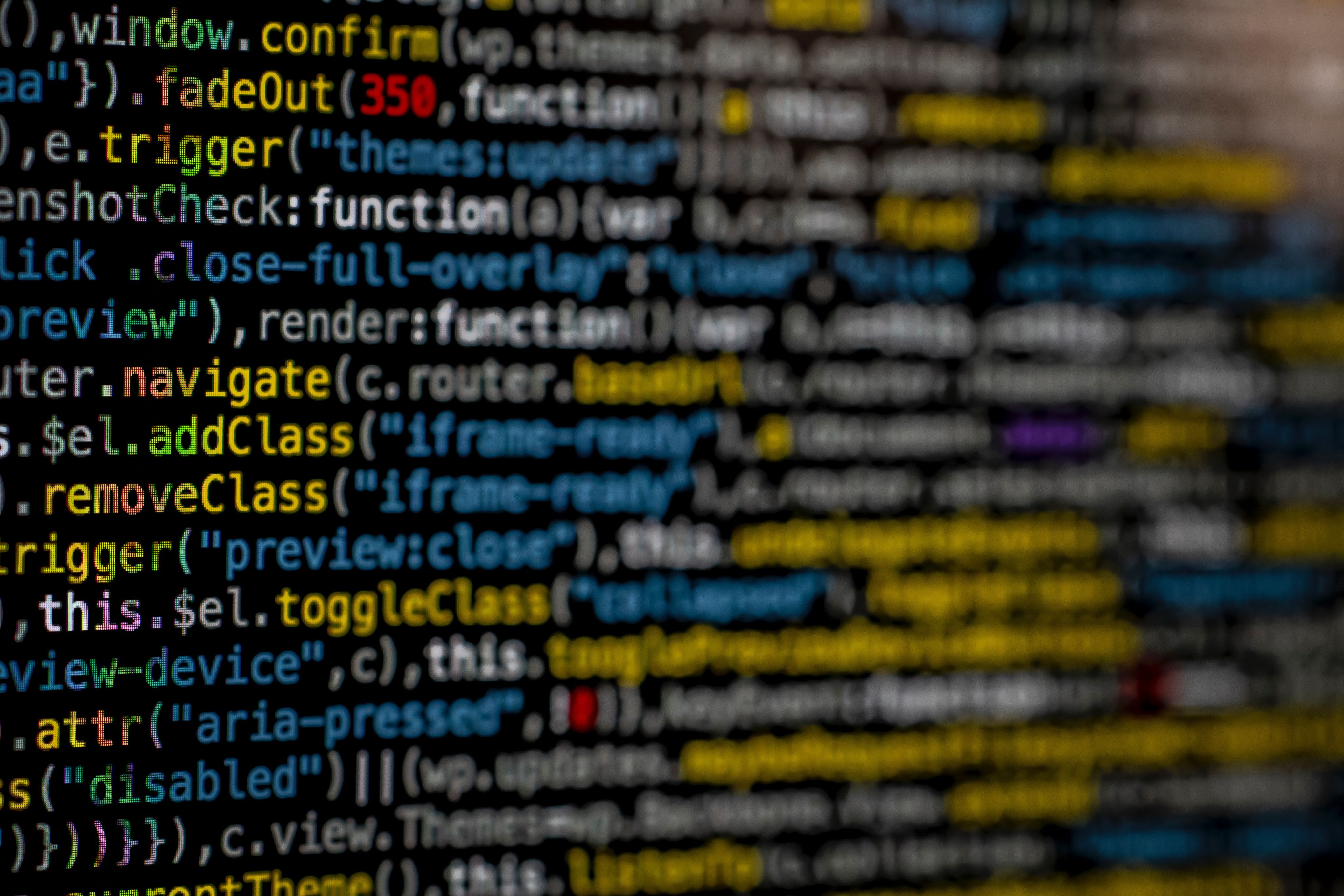Developing Better Habits:
How to Stay Cyber Safe

With the rise of artificial intelligence and increasingly sophisticated scams, the need for safe online practices and vigilance in our digital lives is more important than ever.
At the University of Houston, IT Security Awareness & Communication Specialist Catherine Ellett is committed to helping faculty, staff and students stay informed about how to protect themselves from cybercrime.
“Cybersecurity is getting bigger and bigger,” Ellet said. “As the digital world grows, cybersecurity has to grow with it.”
Be the Human Firewall
One of the most pressing concerns today is the rise of artificial intelligence.
“Now that AI is blowing up, we have to get even better at cybersecurity,” Ellet said. She explained that phishing attacks, which once were often easily identified by grammatical errors, are now being perfected by AI tools like ChatGPT, making it more difficult to differentiate legitimate communications from fraudulent ones.
Ellet emphasized that while technology plays a crucial role in protecting sensitive data, personal responsibility remains the key to keeping criminals at bay.
“All cybersecurity begins with you. You are the human firewall,” she said. According to Ellet, human error is the leading cause of security breaches, whether it's leaving computers unlocked, failing to use a VPN or not following security protocols. “When you hear about a company breach, most likely it’s a human error.”
The responsibility for cybersecurity doesn’t end when employees leave the office. Ellet encourages individuals to practice digital safety at home as well, educating their families on secure practices.
“Teach yourself and others, ‘Hey, we’re in a public place on public Wi-Fi, don’t do your banking here,’” she said, stressing the importance of applying the same caution in personal environments.
"When everyone stays vigilant and aware, malicious actors have the hardest time succeeding."

IT Safety on Campus
Keeping the online data of more than 50,000 users secure is a 24/7 task that requires top-notch skills and technology.
This year, there was a rash of attacks on higher education data systems. Thanks to early warnings from monitoring systems, and collaborations with various local and national organizations, such as the FBI, the Research and Education Networks Information Sharing and Analysis Center, InfraGard, and other state universities, UH’s Information Technology cybersecurity team was able to anticipate a cyberattack, giving them crucial time to prepare.
“We knew at least 12 hours before it hit us,” Ellet said.
Chief Information Security Officer and Assistant Vice President of IT Security Sven Hahues emphasized the importance of community vigilance. All UH faculty and staff have access to a range of cybersecurity education resources. And every year, employees must complete data safety training.
“Our staff, faculty and students are our best defense against malicious actors. When everyone stays vigilant and aware, malicious actors have the hardest time succeeding,” Hahues said. “Don’t hesitate to reach out to us as a resource or ask questions if you’re unsure about anything. Malicious actors often try to push you into quick actions that may feel off.”
For assistance, UH community members should contact the UH security team at security@uh.edu.
The Cybersecurity Update
To maintain strong digital security, Hahues offered some simple advice: Keep your software updated. Updates often fix security problems and this can help you stay protected.
Ellet also stressed that one of the best ways to stay secure is by developing strong cybersecurity habits. "It seems basic, but it’s all about your habits. Whether it’s updating software, enabling multifactor authentication or recognizing phishing attempts, good habits can help you stay protected.”
For more information on how to secure your data please visit the University Information Technology website.

